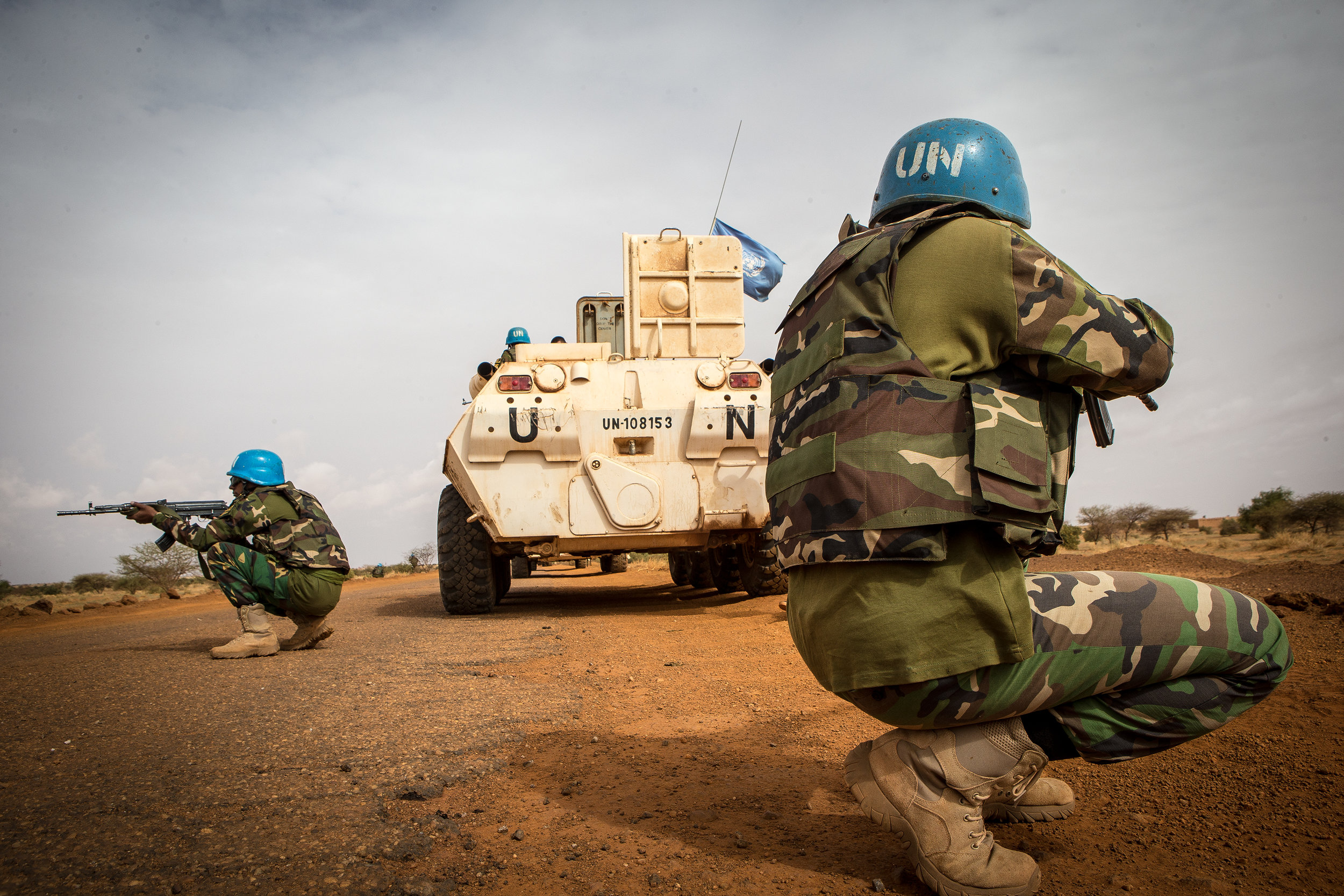backgrounder
Burundi Troop Deployment
Since 2014, Burundi has contributed hundreds of troops to international peacekeeping missions, earning millions of dollars in the process. The vast majority of Burundian troops are currently deployed to the United Nations Multidimensional Integrated Stabilization Mission in the Central African Republic (MINUSCA) and the African Union Mission to Somalia (AMISOM).
united nations
As of February 2021, 758 of the 762 Burundian UN peacekeepers are deployed in CAR as part of MINUSCA (747 troops, six experts on mission, and five staff officers). Of the remaining four, two are with UNISFA in the Abyei region border between Sudan and South Sudan, serving as experts on mission. One Burundian expert on mission is serving in the United Nations Office for West Africa and the Sahel (UNOWAS) and one staff officer is stationed in Mali (MINUSMA).
Amount the United Nations pays to the Government of Burundi
The UN pays USD 1,428 per month for each soldier (troop) provided by a troop-contributing country to a peacekeeping mission, a rate set by the UN General Assembly effective July 2019. The UN delivers the money not to the soldier but to the troop-contributing country.
The UN, then, pays Burundi $1,088,136 a month for its 762 troops, which amounts to $13,057,632 a year.
Allegations of sexual abuse lodged against Burundian troops serving as UN Peacekeepers
A total of 46 Burundian peacekeepers have been accused since 2015 of committing sex crimes including child rape, sexual activity with a minor, sexual assault of an adult, or rape of an adult, according to the UN's Conduct and Discipline database. None of the 46 has been punished. The 81 alleged victims include 50 children, 26 adults, and five individuals of unknown age.
african union
From October 2016 to February 2019, approximately 5,400 Burundian troops were deployed to the African Union Mission in Somalia (AMISOM), apparently making close to $72 million annually.
In July 2018, the Security Council unanimously adopted Resolution 2431, demanding that AMISOM reduce its force by 1,000 troops (spread among the eight countries contributing troops) by 28 February 2019. This reduction would be in anticipation of a complete withdrawal of AMISOM from Somalia by 2020. In November 2018, Burundian soldiers were accused of arbitrarily killing four unarmed Somali civilians by shooting them at close range. In December 2018, AU leadership announced that all 1,000 troops to be withdrawn would be taken from the Burundian contingent. Given the initial count of 5,432 troops, this would leave 4,432 remaining Burundian troops.
Despite the government of Burundi’s official call on 20 February 2019 for an emergency summit to renegotiate the cuts, 201 of the required 1,000 Burundian troops left Somalia on 21 February. The next day, Burundian leadership—claiming their troops had been unfairly targeted by the withdrawal—threatened to repatriate all Burundian troops unless the cuts were split among other contingents. However, on 23 February, a further 171 Burundian troops left the mission, and 28 soldiers were put “on leave” back in Burundi. This brought the number of vacated troops up to 400.
On 28 February 2019, an anonymous source told AFP that, beginning on 1 March 2019, “the 600 soldiers Burundi refused to withdraw from Somalia would no longer depend on the AU for money, repatriation or in cases of accident.” The same day, the Burundian government agreed to withdraw the rest of their 1,000 troops (600 people) by “early March.” However, as of 4 March 2019, no additional troops had been withdrawn. On 16 March 2019 the Burundian army spokesperson claimed that the 600 troops would be repatriated “very soon.” On 20 March 2019, the 600 troops had not yet returned to Burundi. As of May 2019, it is unclear whether the remaining 600 Burundians have been repatriated.
Figure 1. Number of armed personnel deployed to AMISOM by countries with significant troop contributions.
Figures are taken from the AMISOM website (accessed 16 May 2019). *Burundi troop number calculated assuming the contested 600 troops have not yet been repatriated as requested by the AU.
UN Photo / Harandane Dicko


